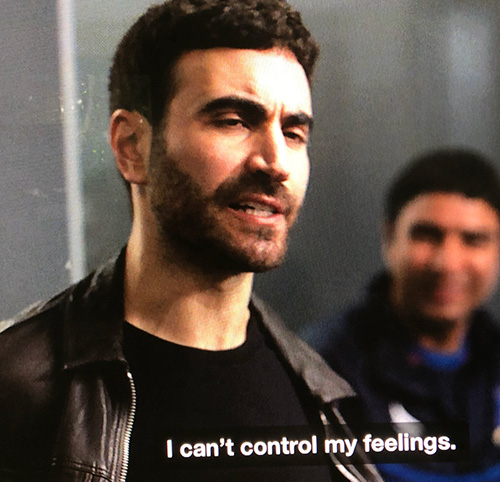Although I typically do not spend a lot of time watching many TV series, after much prompting from my sport psych classmates and having sufficient free time while in a recent COVID quarantine, I decided to binge watch all three seasons of Ted Lasso. The series centers around an American college football coach (Ted) who is hired to lead the Richmond Greyhounds, a soccer team on the verge of being kicked out of the English Premier League. Ted and his trusted assistant coach, Coach Beard, value relationships and team-culture building as much as, if not more than tactics, talent, and winning. With this coaching roadmap, they are highly successful in the US and had just led their underdog American football team to a Division III championship. However, both were comically lacking in knowledge about soccer or its terminology in general, much less its dynamics and strategy at the highest of international levels. Despite this, neither of them were deterred from leaving their home and were happy to take on the unfamiliar challenge with their usual antics. Also influencing Ted’s motivation to leave was Ted’s wife, Michelle, who had become increasingly exhausted by Ted’s near-compulsive optimism and had asked for space.
Ted is a whimsical man who is seemingly always ready with a one-liner, witty reference, or quick quip to lighten the mood of a situation. One of Ted's primary, non-coaching goals throughout the series could arguably be to make others happy, even if it leads to his own suffering (as exemplified by his leaving of his beloved son and his unhappy wife). This goal and compulsion to put others before himself is interesting to me, and I am excited to explore the emotions and sources of motivation that may contribute to his mindset.
Ted and Ted's son, Henry (right)
Much like any other human being, though, is that Ted's goals are dynamic and may not always be perfectly clear or understandable. In fact, Ted can behave quite enigmatically as a head coach in a major professional sport, considering he often explains that he is not concerned about winning. Instead, Ted's unstated objective is to facilitate a sense of family, trust, and vulnerability among the entire organization (from owner, to players, to kit manager), and to support his athletes and fellow coaches in realizing their full potential, on and off the field. Considering my background in sport psychology, my interest in coach/instructor-created motivational climate, and the warm feeling I got from watching this show, I am very excited to analyze it in a motivational/emotional light over this semester.
A tweet by Marquette University's men's basketball coach
after winning the Big East conference in his first season






No comments:
Post a Comment